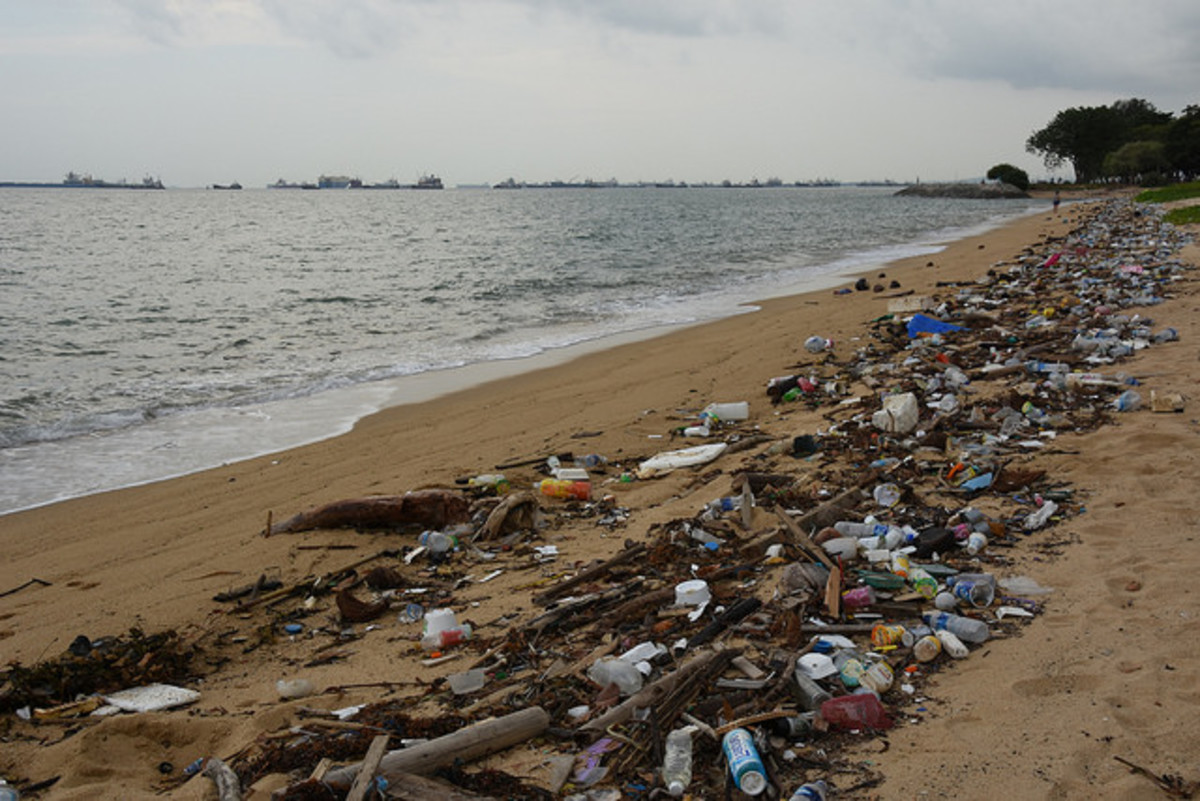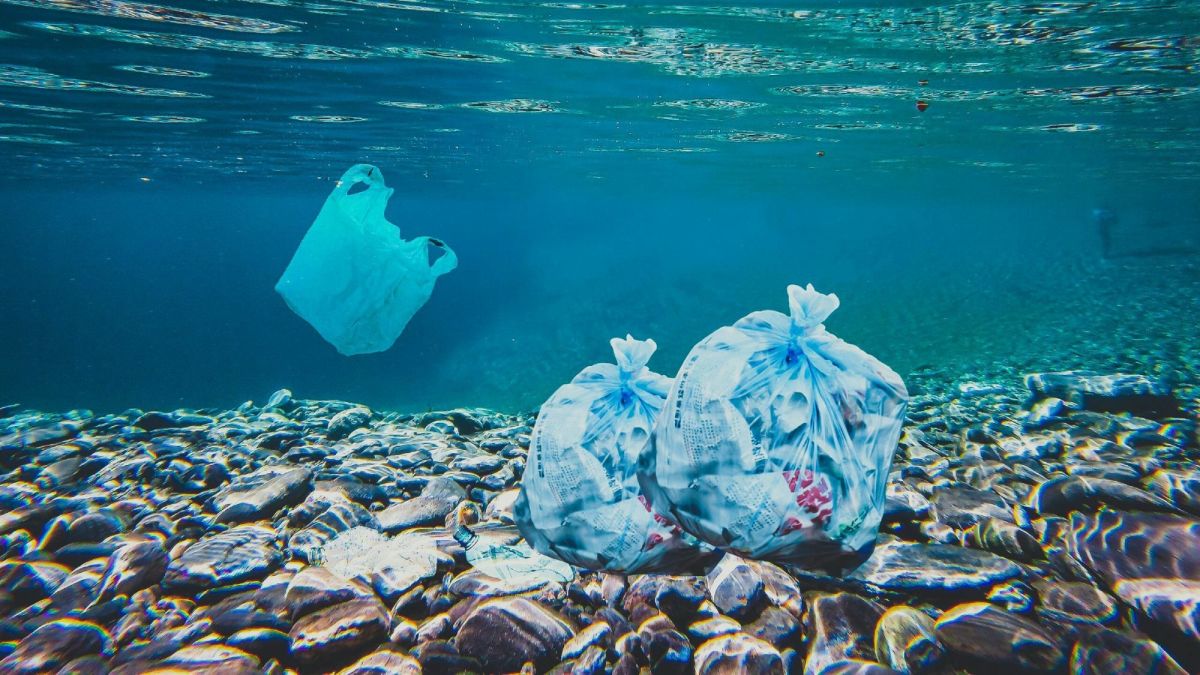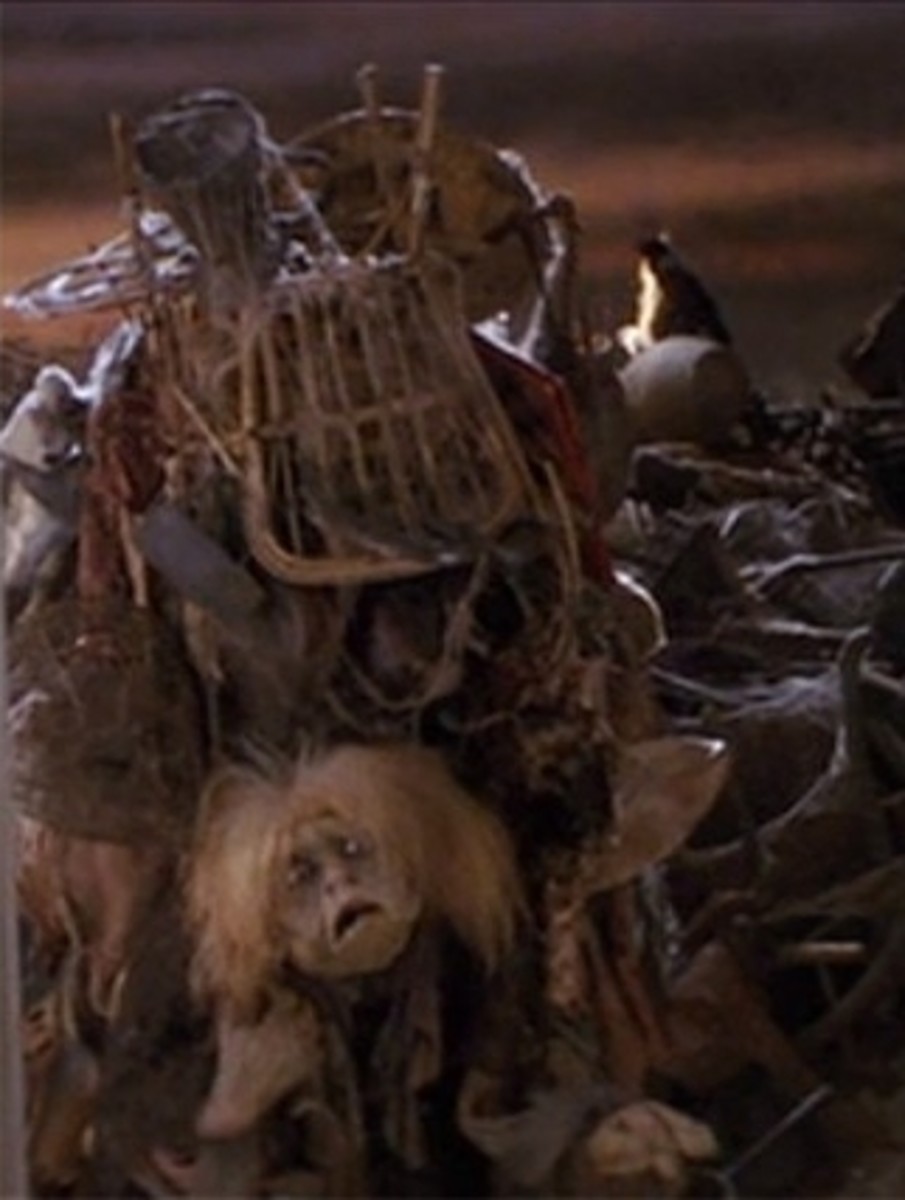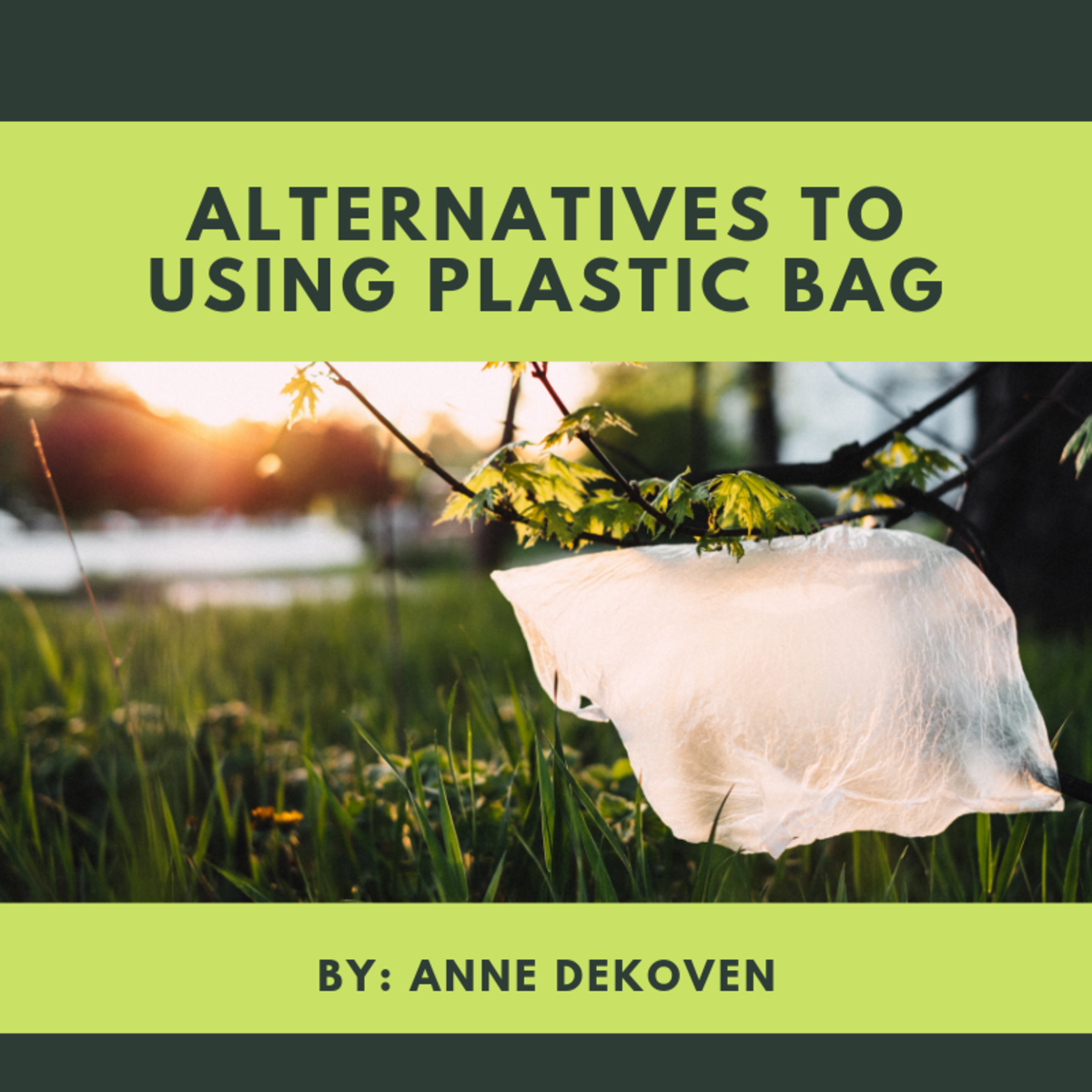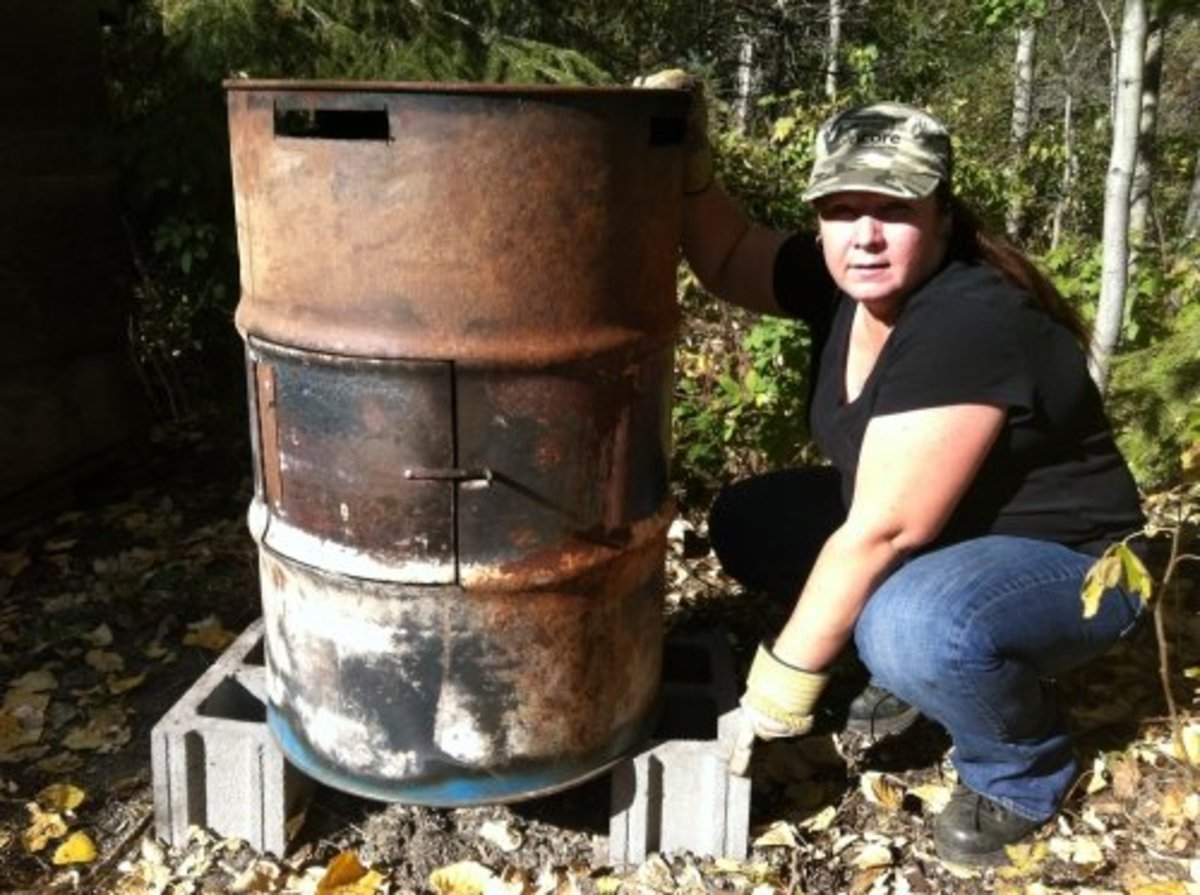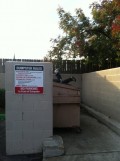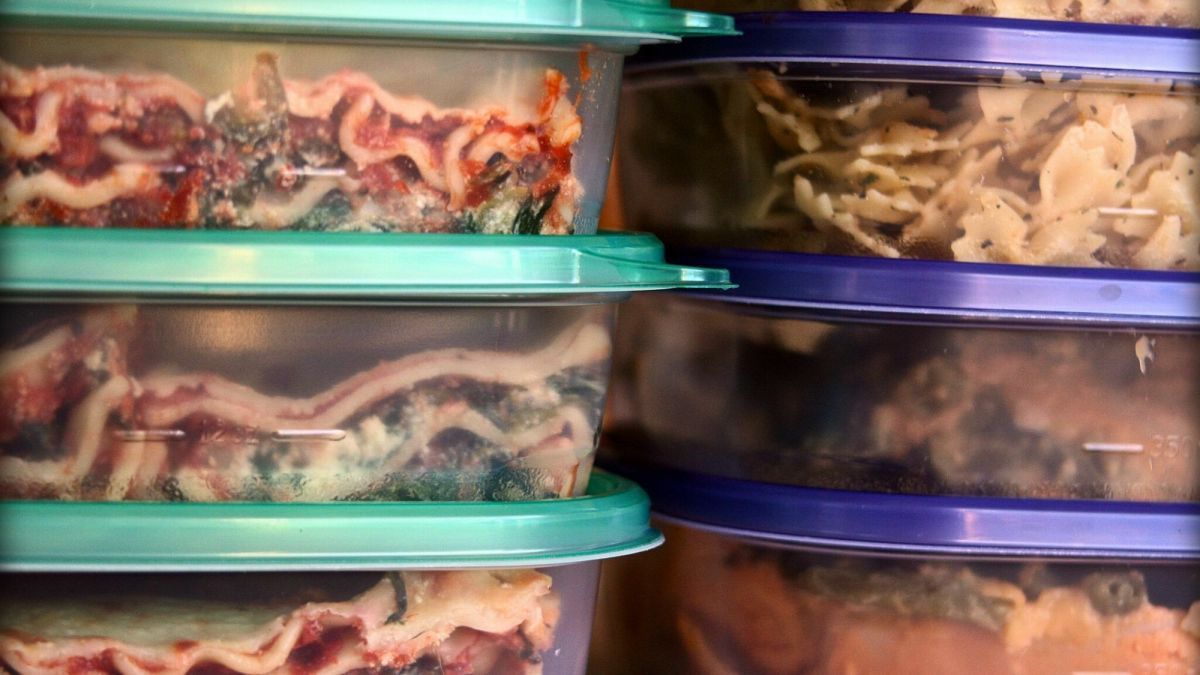Why are plastic bags bad for the environment?
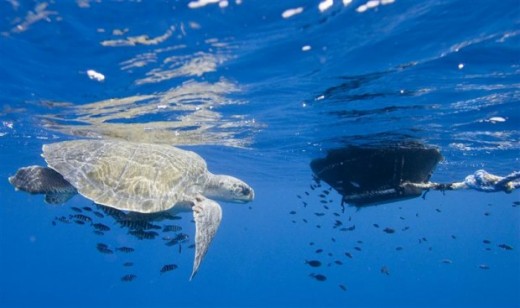
We are often asked to reduce the amount of plastic bags that we use, supermarkets now actively encourage you to bring your own reusable bags, and many shops have switched to biodegradable or paper carriers. You may have wondered what all the fuss is about - surely, once they've been used, thrown in the bin and sent off to landfill they'll break down eventually, won't they?
It is not just a question of landfill, however. True, there is a problem with finding enough room to dump all the rubbish we produce in our increasingly throwaway society, and there's going to come a time when we simply run out of space. Recycling is addressing this issue, and many people are now making an effort to recycle what they can - glass, paper and tins are all good to recycle as it makes best use of the resources, is economically viable, and cuts down on landfill. Plastic can be recycled but has proved to be uneconomic for many local authorities, and recycling facilities are not always available.
The problem with plastic is its persistence, it simply doesn't break down properly. Much plastic waste is blown or washed into the sea, where it can remain for a very long time. It may break down into smaller bits, but there is an awful lot of it out there, and is proving to be an environmental disaster for many sea creatures who ingest it and choke or suffer ill health because of it.
In the Pacific Ocean there is a plastic "island" known as the Great Pacific Garbage Patch, that is estimated to be as large as the USA! (1) For several decades now, plastic waste has been dumped into the sea and has been swirled into a giant mass by the currents in the Pacific - it is both ugly and dangerous.
One of the major threats to wildlife are plastic bags floating around in the water. Sea turtles mistake them for jellyfish, an important part of their diet, and turtles are often found washed up dead on the beach, with plastic bags tangled in their intestines. Many other sea creatures are also being affected by this horrible pollution in their ecosystem. Post-mortems carried out on large cetaceans that have been washed up on beaches have also revealed large quantities of plastic pieces in their stomachs.
What can you do?
It's quite simple, really:
- Remember next time you go shopping to take reusable bags with you.
- When the checkout operator says "do you need a bag with that?" - just say "no thankyou".
- Try to buy loose foods, or those that minimise plastic packaging.
- Whenever you are out in the countryside or on the beach, pick up any plastic waste that is lying around and put it safely in a bin - or incinerate it.
- Join in with a local beach clean. In the UK there are many organised by members of the Marine Conservation Society. (2)
References and further reading
(1) http://simple.wikipedia.org/wiki/Plastic_Island
(2) The Marine Conservation Society: see http://www.mcsuk.org/


